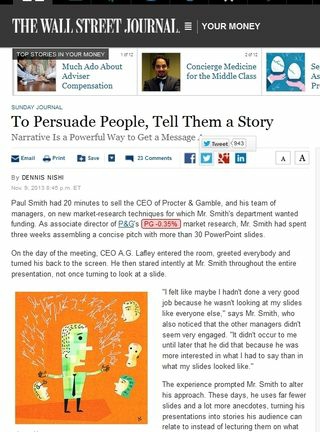Emails obtained by The New York Times provide convincing evidence that the New Jersey Governor's office caused traffic problems as political retribution. One of Chris Christie's aides sent emails to David Wildstein, a high school friend of Christie who worked for the Port Authority that controls the George Washington Bridge.

The New York Times describes the political context and related messages:
"The mayor of Fort Lee, Mark Sokolich, is a Democrat and did not endorse Mr. Christie. In the emails and texts, Mr. Christie's staff and appointees appeared gleeful when the abrupt lane closings gridlocked the town for four days, beginning with the first day of school and including the anniversary of Sept. 11. Mr. Sokolich, who had not been informed of the closings, texted Bill Baroni, the governor's top appointee at the Port Authority, asking for 'help' because the lane closings were making children on buses late to school.
"'Is it wrong that I am smiling?' Mr. Wildstein texted Ms. Kelly.
"'No,' she texted back.
"I feel badly about the kids,' he texted.
"'They are the children of Buono voters,' she said, referring to Mr. Christie's Democratic opponent, Barbara Buono, who was trailing consistently in the polls and lost by a wide margin."
References to "the kids" relate to children who were late to school because buses were delayed on the bridge.
The emails and texts are making it difficult for the governor to continue denying his office's role in lane closings. Wildstein and another Port Authority official resigned in December.
UPDATE: In a news conference, Christie apologized and said he was "embarrassed" and "humiliated" about the situation. As in his speech at the Republican National Convention, he used a heavy dose of anaphora.
Discussion Starters:
- So far, Christie is not commenting on the emails and texts. How should he respond to the controversy?
- Christie's staff used personal Gmail accounts and text messages to communicate. Why weren't these safe from exposure?














